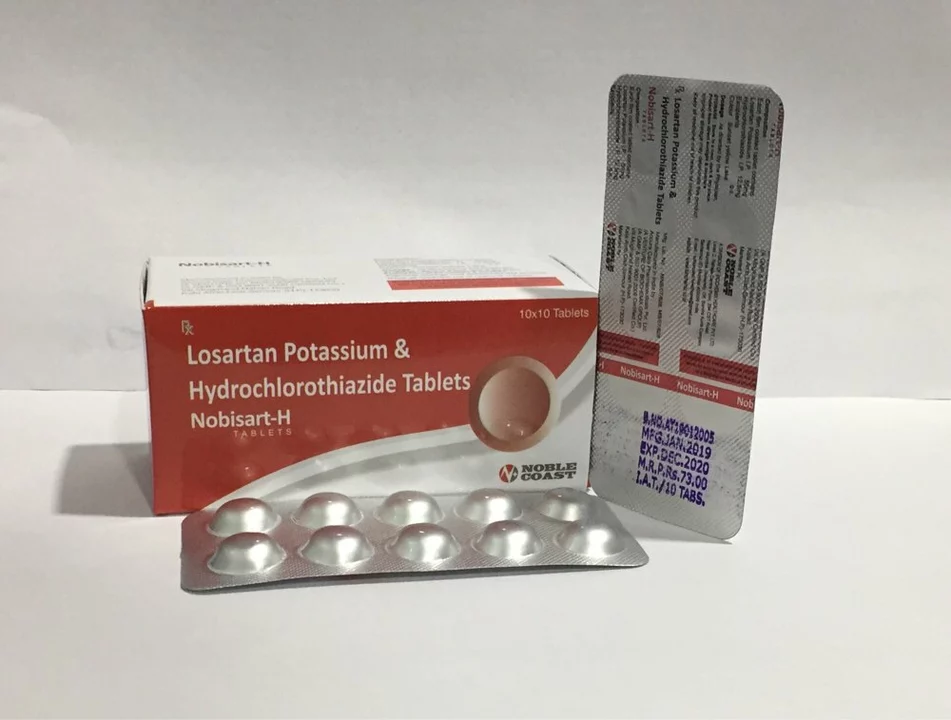Pill: How to Use, Buy, and Identify Medicines Without the Headache
Counterfeit and misused pills cause real harm. You don’t need a pharmacy degree to stay safe—just a few smart habits. This page gives clear, practical steps to identify pills, buy them online safely, store them correctly, and know when to call a pro.
Buying pills online safely
If you buy medication online, treat the site like a real shop. Check for a visible pharmacy license and a real business address. Legit pharmacies ask for a prescription for prescription drugs—if a site sells antidepressants or antibiotics without a prescription, walk away.
Look for secure checkout (https), a phone number you can call, and clear return or privacy policies. Big discounts can mean counterfeit or expired stock. Read recent reviews from independent sites, not just testimonials on the seller’s page. When in doubt, compare prices and product names with trusted sources or consult our articles about verifying online pharmacies and trusted suppliers.
Identify, use, and store pills the right way
To identify a pill, note the imprint (letters/numbers), color, and shape. Use an online pill identifier or ask your pharmacist—don’t rely on matching a photo alone. If a pill looks off (crumbling, odd smell, weird color), don’t take it.
Follow the prescription label exactly: dose, timing, and food instructions matter. Track what you take with a simple checklist or a pill organizer, but keep prescription bottles until your doctor says otherwise—those labels show lot numbers and expiry dates you might need.
Store pills in their original container, away from heat and humidity. Bathrooms and car glove boxes are bad spots. Keep meds out of reach of kids and pets. For controlled substances, consider a lockbox.
Throwing meds away? Use community take-back programs or authorized disposal kiosks. If none are available, mix pills with an unappealing substance (coffee grounds, kitty litter) and seal them before putting them in the trash—don’t flush unless the label says it’s safe.
Watch for dangerous interactions. Tell your doctor or pharmacist about all prescriptions, over-the-counter drugs, and supplements you take. Some pills—like antidepressants, muscle relaxants, or chemotherapy drugs—have strong interactions and special monitoring. If you notice sudden rash, breathing trouble, extreme drowsiness, or signs of overdose, get emergency help right away.
Want more details? We have specific guides on many medicines (Fluoxetine, Zanaflex, Celebrex, Bactroban and more) plus deep dives on buying meds online and verifying pharmacies. Read those for drug-specific dosage, side effects, and safety tips.
Small habits—checking a site’s license, keeping pills in their bottle, and asking a pharmacist one quick question—prevent big problems. Stay cautious, keep records, and ask for help when something feels off.

